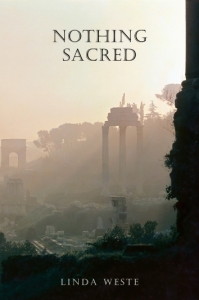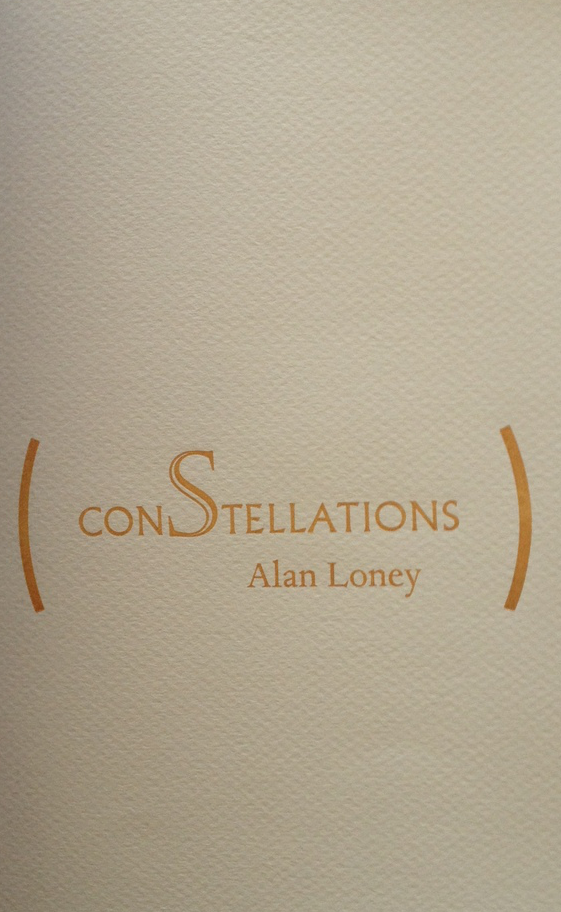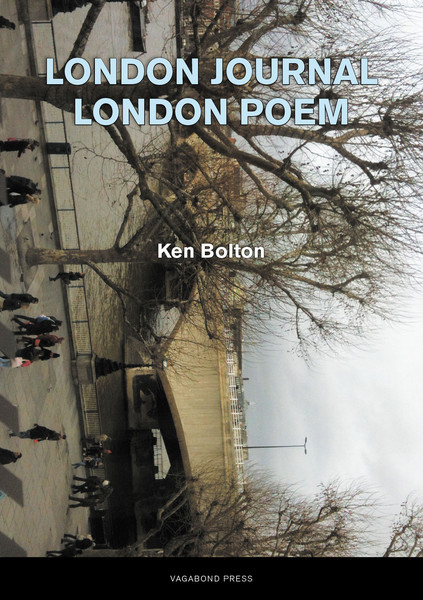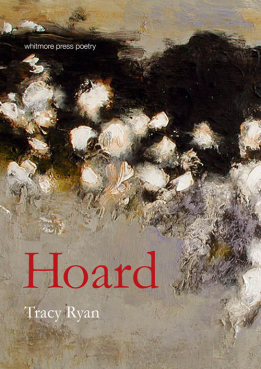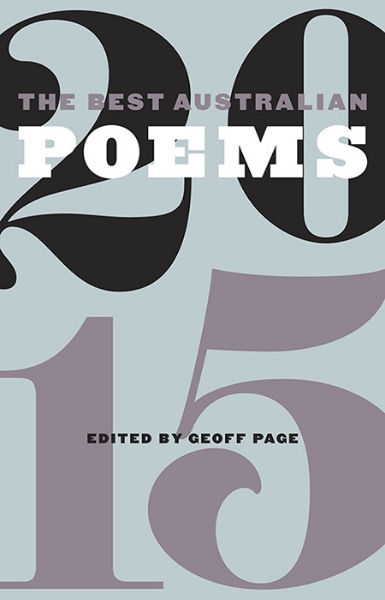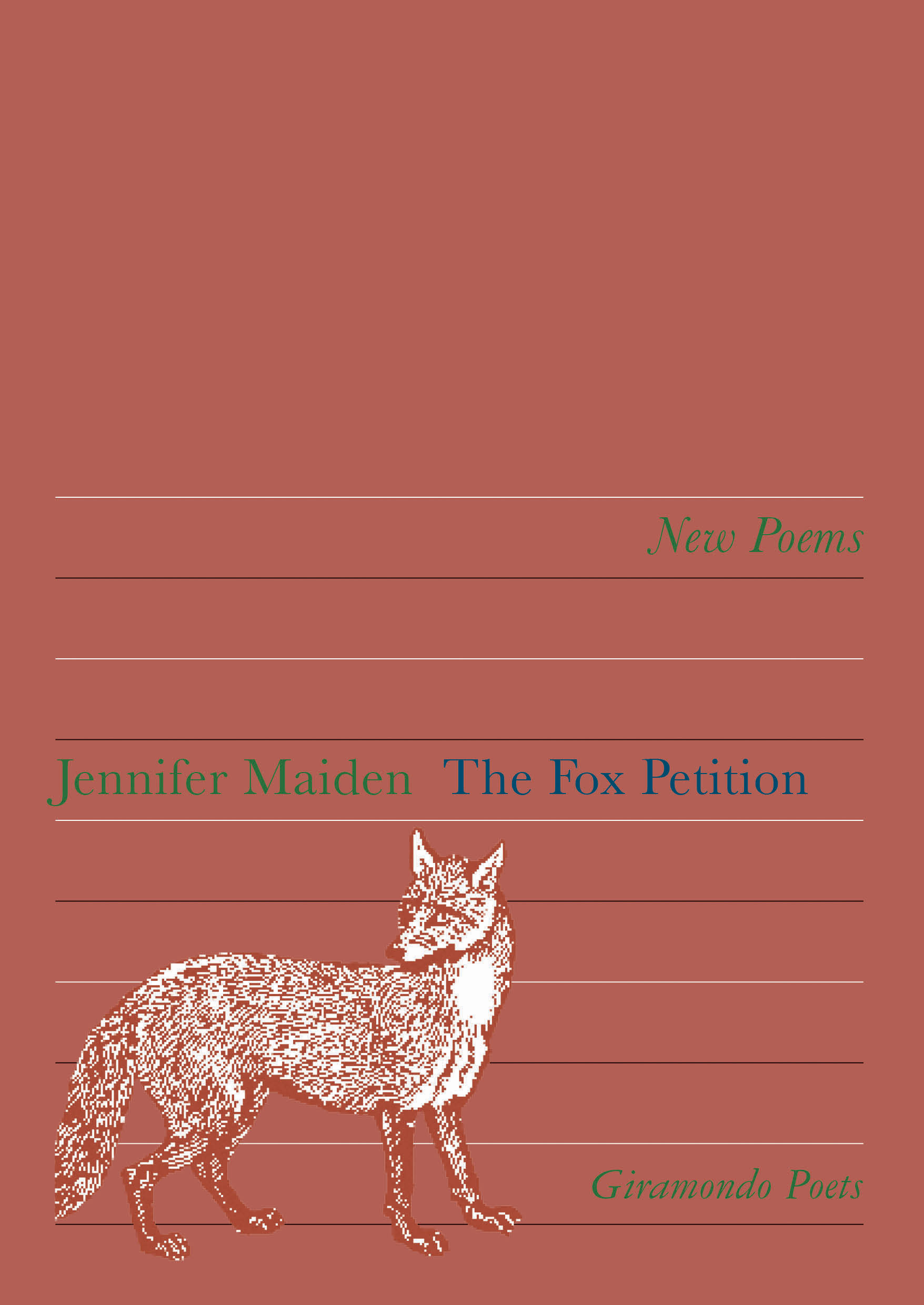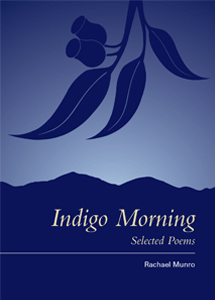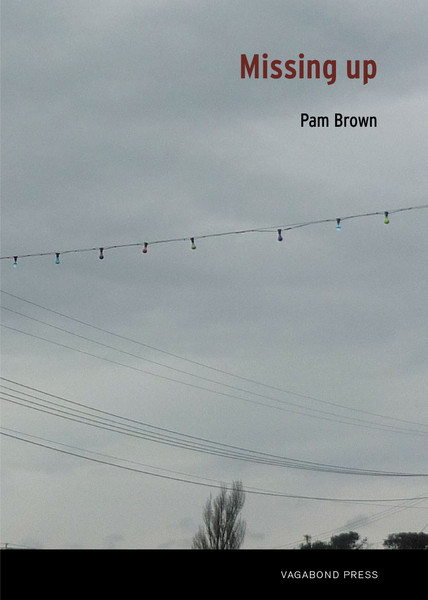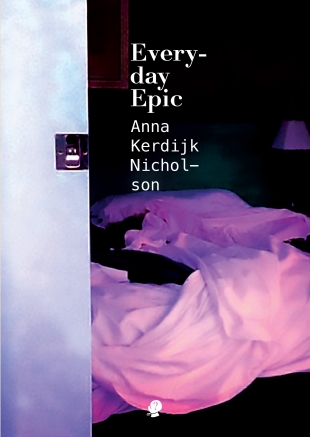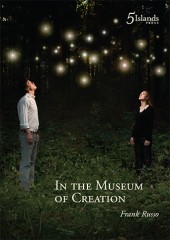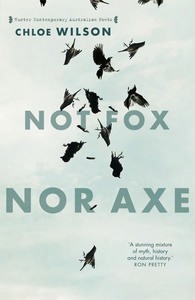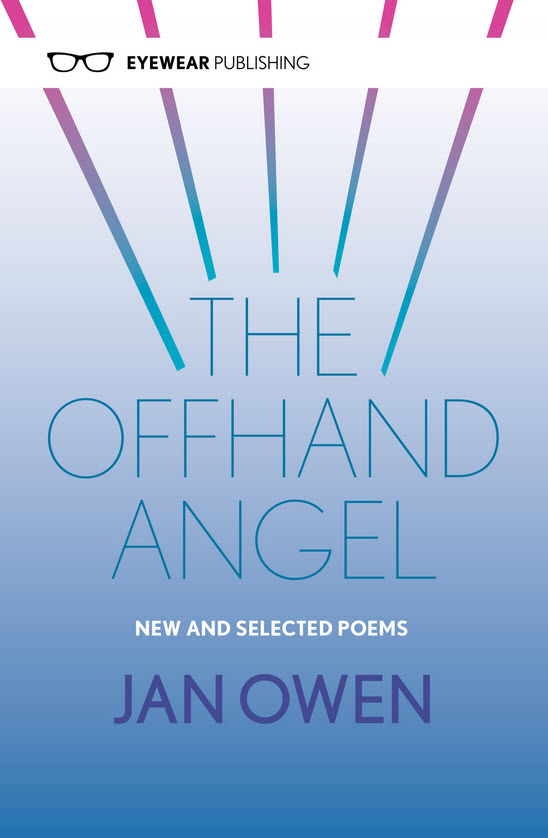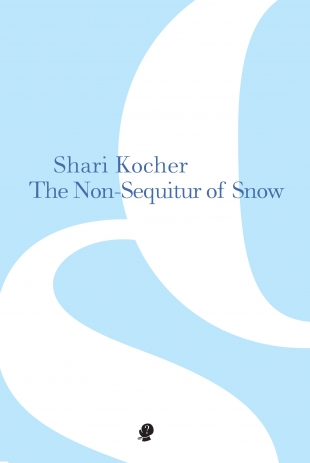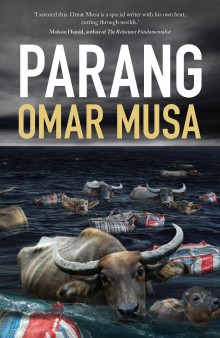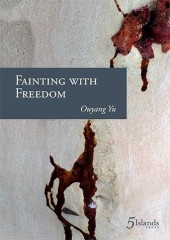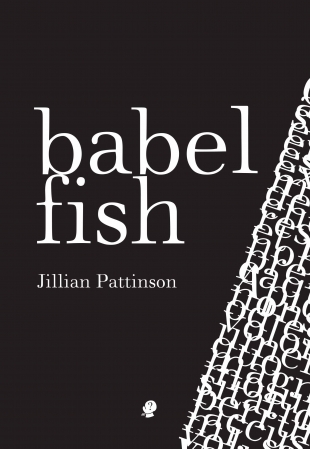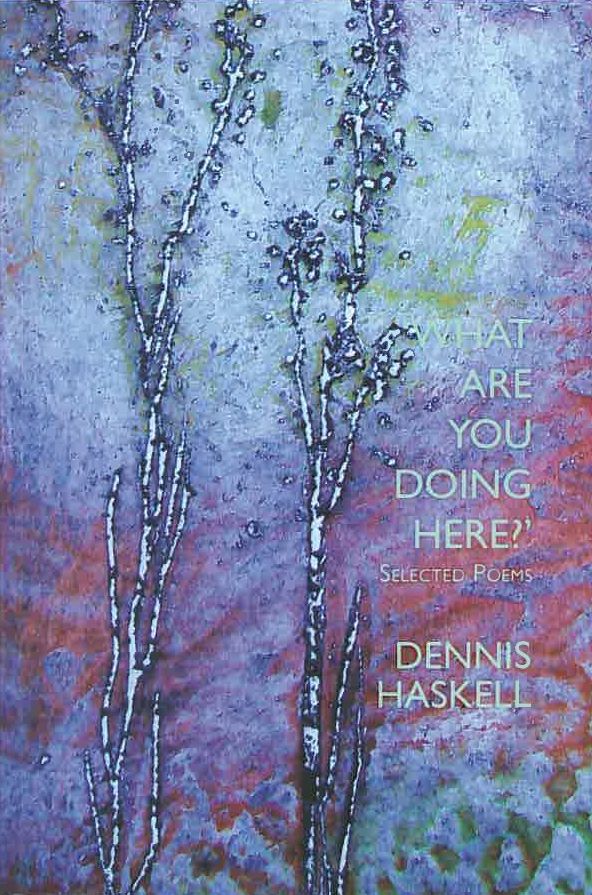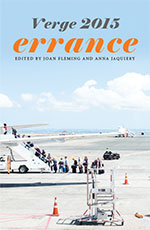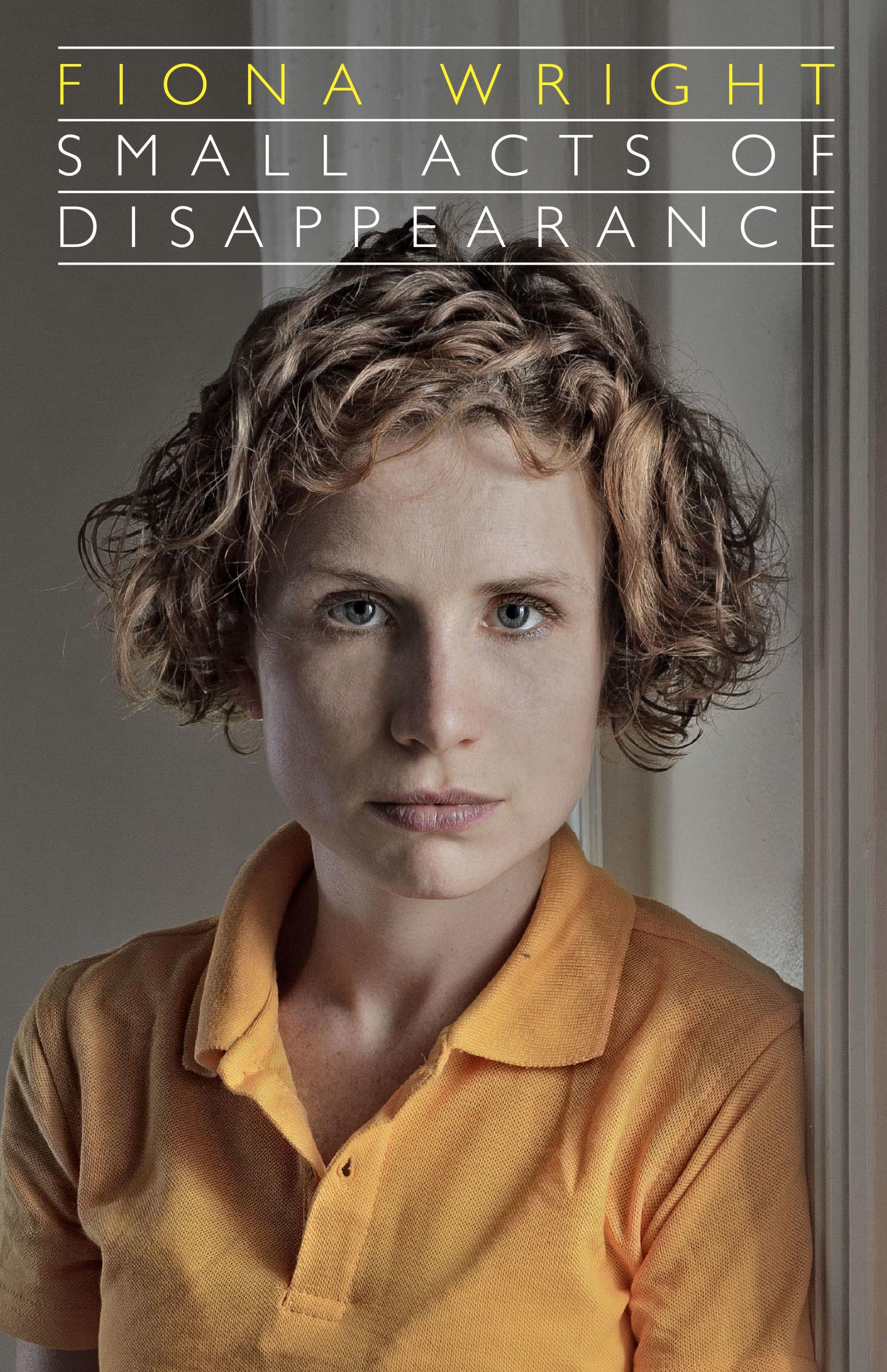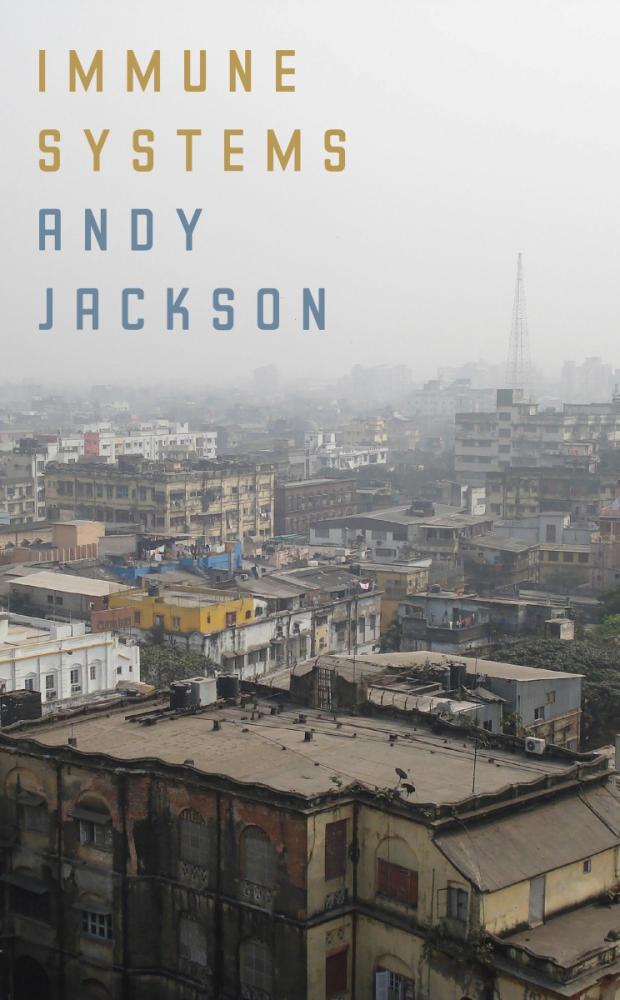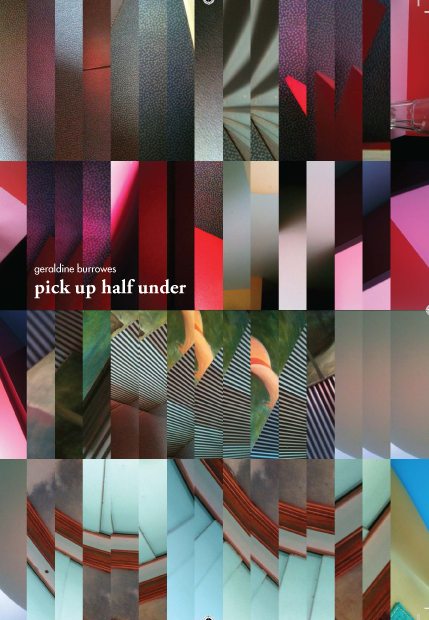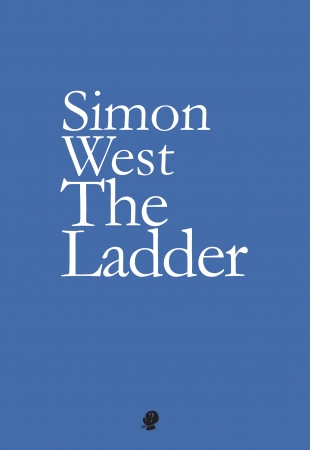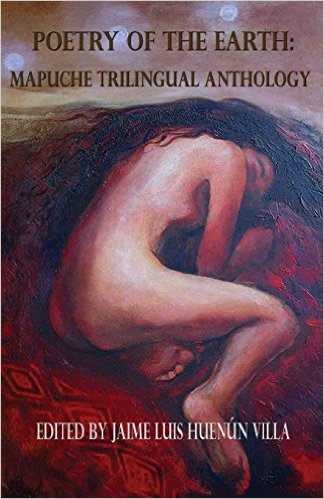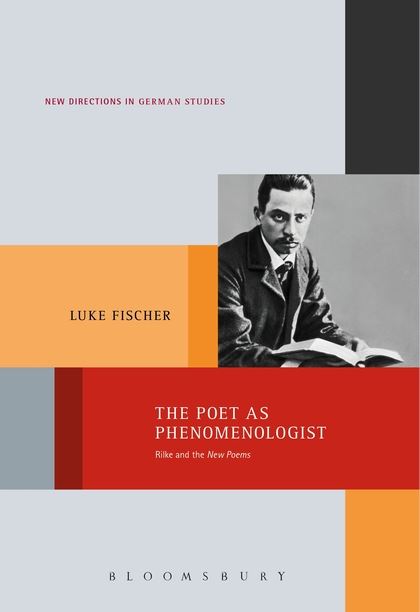BOOK REVIEWS
Review Short: Linda Weste’s Nothing Sacred
Linda Weste’s Nothing Sacred provides an eclectic, erotic and sometimes profane insight into the private and public lives of Republican Rome. The combination of historicity with sensory poetics provides an immersive, visceral reading experience. And there is immediacy about the submersion in place – the reader is there from the first line, walking through the ‘peat bog haze’ and ‘streamers of blood’ of the eternal city.
Review Short: Alan Loney’s conStellations
The value of information is in its organisation. Twin impulses to present and re-present data (words, text, images, worldly phenomena) inform Alan Loney’s recent chapbook conStellations, from work & tumble press.
Review Short: Ken Bolton’s London Journal / London Poem
Readers of contemporary Australian poetry will most likely need no introduction to the work of Adelaide-based Ken Bolton. In a career extending back to Four Poems (1977), Bolton has established a distinctively discursive poetry, one that weaves observations of the poet’s everyday environment with musings on art, culture, and society more generally.
Chloe Wilson Reviews Tracy Ryan and Jill Jones
These two slender and handsomely designed volumes of poetry are the result of the closely con-tested 2014 Whitmore Press Manuscript Prize, of which Tracy Ryan and Jill Jones were joint winners.
Rob Wilson Reviews Best Australian Poems 2015
Australian poetry, and indeed poetry in Australia, always seems to be undergoing something of a personality crisis. From the bush ballad to Angry Penguins and beyond, Australians have a knack for producing poetry, and a unique language from which to create it, but it’s a cottage industry. Even ‘industry’ seems too strong a term for what Australian poetry produces, though we have (and have had) no shortage of skilled writers working at various levels of poesy and doing remarkable things.
Simon Eales Reviews Jennifer Maiden and Stefanie Bennett
Stefanie Bennett woke up alongside Jennifer Maiden one morning, remarking, ‘An enemy is nothing to sneeze at: / Often his eau-de-Cologne’s / All embracing’ (‘Stratum’). This might be the too-cute, not-clever start to an amalgamating take on these two books from two poets with similar concerns and different styles.
Review Short: Rachael Munro’s Indigo Morning
Rachael Munro is a keen observer who writes in a language of nettles and nets, establishing a daily mood via the accumulation of certain details. This is a book of apricot tissue petals and fences-turned-crystal lattices; of the world in its weather and a poet caught in the tangle.
Review Short: Pam Brown’s Missing up
From the cover, let alone the first lines, the title appears apt: a sense of levitation, humming along wires, strands of illumination flickering through a work of direct and intimate voices, understated in its deftness and density, with light touches that lift the lexis, and air pockets in its seams of meaning. Spread out across the pages are samples of complete, if not absolute contemporaneity interspersed with work that decries the shortcomings of an age in which culture is so often presented as a commodity. Pam Brown’s latest collection showcases self-objects and articulates responses to salient concerns, providing masterful representations of the everyday and outré that take their time to settle into the spaces and absences within which they are framed.
Review Short: Anna Kerdijk Nicholson’s Everyday Epic
In the untitled preface to Everyday Epic, Kerdijk Nicholson describes how ‘the poet grinds down / a sum of parts / to atoms’. The result is a world in which the most quotidian of instances and images are made ‘alchemically new’, an echo of Ezra Pound’s credo to repeat, but with difference. These lines also suggest that the process of grinding down is at once violent and erotic, displacing and magical, disturbing and strangely familiar.
Review Short: Frank Russo’s In the Museum of Creation
‘…Poetry … puts the whole world out of whack’ according to MTC Cronin in her latest collection The Law of Poetry (2015) echoing the 1930s structuralist definition of poetry as ‘language made strange’.
I think the first poem in a first collection should carry some whack – should both seduce and disturb a reader. And so it is with ‘The Archivist’ at the beginning of In the Museum of Creativity: there are strange and confronting images and phrases which tease partly by problematising what and how we understand language and poetry.
Review Short: Chloe Wilson’s Not Fox Nor Axe
On a first reading, Not Fox Nor Axe is likely to leave you a little breathless, not only as a result of the brio of the poems – as there is plenty of that in them – but from their relentless variety. They start with the evil knitters at the foot of the guillotine in Revolutionary France, and go on to the contents of Tchaikovsky’s desk, a female Ukrainian sniper of the second World War, Lady Jane Grey, William Stark (an eighteenth century physician who, experimenting on himself, predictably died young), shipwrecks, Marie Curie and a host of others.
Peter Kenneally Reviews Jan Owen and Tim Cumming
Every so often a reader will come across a book that seems custom-crafted for – or even, disconcertingly, out of – their own matter and marrow. For me Rebel Angels in the Mind Shop by Tim Cumming ticks boxes at a machine gun rate, even in its insouciantly avuncular foreword. There, Cumming gives an account of buying The Rebel Angels by William Robertson Davies (dense, curious, intricate), and then at Treadwells (a bookshop for occult fanciers) picks up a copy of Oral Folk Tales of Wessex, published in 1973 (‘a year I like – it’s got a nine, a seven, a three and a one in it, all powerful numbers’).
Review Short: Shari Kocher’s The Non-Sequitur of Snow
Dr Shari Kocher’s The Non-Sequitur of Snow is her first full-length publication, following nearly two decades of feature poems in a range of Australian and international journals. There is an airy sense of activity throughout this volume. Kocher’s poetic settings range freely between the material and the imagined, forging connections across generations, yet coming through with surprising steel in some pieces. Structurally the collection is diverse, flowing, and occasionally more experimental.
Review Short: Omar Musa’s Parang
Omar Musa is something of a phenomenon. I mean that both in the demotic and the philosophical senses. Self-publisher, author of the successful novel Here Come the Dogs (longlisted for the Miles Franklin), lyricist with international hip hop outfit MoneyKat, Wikipedia subject. As demonstrated by the author photo in this book Parang, autobiographical promotional videos (‘Live and Direct from Kingsley’s Chicken’), comparisons to Junot Diaz and his sartorial style, Musa has made a career from ‘the street’.
Michael Aiken Reviews Ouyang Yu
Ouyang Yu is a prolific writer whose combination of occupations – poet, novelist, translator, academic – gives some context to this book’s obsessive engagement with word, language and meaning. His biographical note mentions that he came to Australia at the age of 35, and there’s a pervasive trope in Fainting with Freedom of a stranger-in-a-strange-land’s curiosity for the materiality of language and its malleability: something akin to what Kerouac once alluded to when he described his relationship to English – a language he didn’t learn until he was eight – as a tool he could very consciously manipulate as necessary for effect and meaning.
Review Short: Judith Crispin’s The Myrhh-Bearers and Jillian Pattinson’s Babel Fish
At a first, casual reading, it is easy to see why Jillian Pattinson’s Babel Fish won the 2010 Alec Bolton Prize. Here is a polished and elegant collection, addressing not only the expected emotional and personal depths of the lyric, but also casually marrying art and science with unashamed reference to untouchable greats of literature and, dare I say it, a carefully monitored spirituality.
Review Short: Dennis Haskell’s What Are You Doing Here? Selected Poems
Dennis Haskell’s new selected is part of an interesting trend. In the past few months three other Australian poets (Adrian Caesar, Jan Owen and Robyn Rowland) have also had books published overseas that, in more congenial times, might well have been published here. In each case there’s a plausible explanation but it’s an interesting phenomenon even so.
Alice Allan Reviews Rabbit, Verge and Cuttlefish
The Australian poetry scene, however you define it, is definitely thriving. So much so that it sometimes causes consternation. Perhaps you’ve been there at a poetry gathering or launch when someone wonders aloud whether, ‘thriving’ is one step removed from ‘overgrown’ – whether this healthy scene is actually in need of some ruthless pruning.
Review Short: Fiona Wright’s Small Acts of Disappearance: Essays on Hunger
The essay collection is a form that writers are turning to more often and no wonder, when the form offers so much potential, a potential totally realised by Fiona Wright’s Small Acts of Disappearance: Essays on Hunger. There are many things to admire in this collection, not least being the fact they defy categorisation.
Review Short: Andy Jackson’s Immune Systems
Andy Jackson’s viscerally potent anthology Immune Systems exposes the reader to the bloodline of medical India, where medical tourism leaves the general population battling fraught poverty and the medical afflictions which accompany it.
Review Short: Geraldine Burrowes’s pick up half under
Geraldine Burrowes has come to the practise of poetry via a long and varied career in the visual arts that concentrated in its later years on 3D forms. Pick up half under is her first full volume of poetry. It’s an interesting collection, imbued with the peculiarity of the late starter. There’s a sense of the techniques of poetry school being applied, but in the best poems the abstract play of images is framed by life experience to create poignant and original work.
Review Short: Simon West’s The Ladder
In his third collection, The Ladder, Simon West presents a series of poems with the tensile strength of filigree and flower stems, split seconds where meaning occurs as a wavelet suspended above the mosaic particles that make up a beach. After my first reading, I feel sure that I have also felt sunlight glancing off the skin of a grape, tendrils curling around a wooden table leg, sunlight, wine and citrus. Meanwhile from back at the frontispiece, falls the delicate adumbration of half distinct colour from the ‘eyes turned to beautiful eyes’.
Joel Scott Reviews Poetry of the Earth: Mapuche Trilingual Anthology
Book reviews tend to operate according to some kind of comparative drive: which are the writers whose work this resembles; is this work better or worse than those? Where can it be located in a historical system of literary relationships? Leaning on Harold Bloom’s theories of critical paternity testing and an inverted form of child support, this mode of review is supposed to gives us an idea of what the book might be like, whether we should bother reading it, perhaps even whether it should have been published in the first place.
Review Short: Luke Fischer’s The Poet as Phenomenologist: Rilke and the New Poems
Rilke’s poetry is known for its brilliance and individuality and, to an extent, for its variability. His early work is largely of a neo-Romantic and religious temper, suffused with generalisations and subjective gestures that frequently strain after significance. Nevertheless, he produced some important early poetry, most notably in his three-volume Book of Hours. In these works, ways of seeing, perceiving and understanding the world are already critical questions for him. However, had these poems been all he left to posterity, he would not now be a household name.

